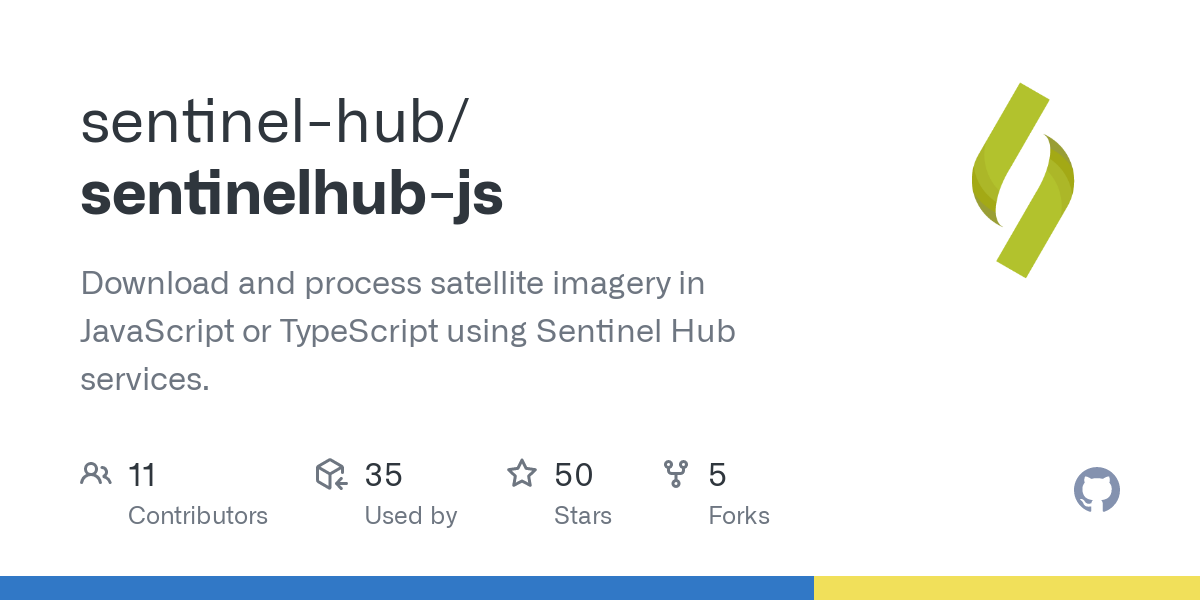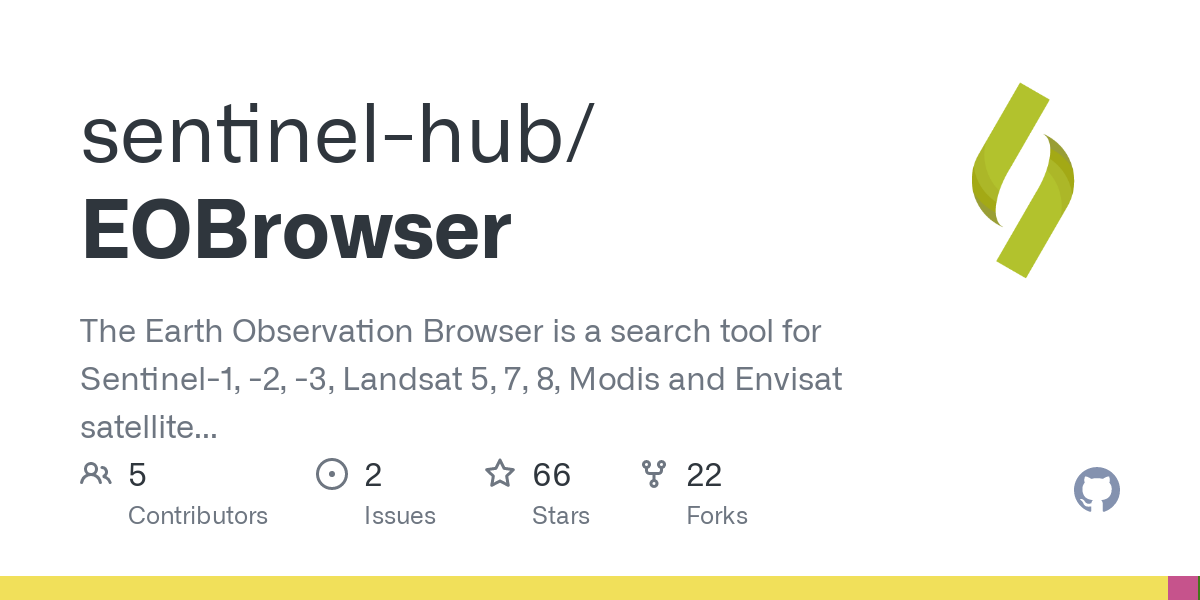For standard use of WMTS, the layer data processing is available on configuration utility. Is this configurations of layer data processing also available from browsers via the web application? If there are any convenient ways of reconfiguration by JavaScript or user operation, that would be helpful.
Dynamic layer data processing from web application
Enter your E-mail address. We'll send you an e-mail with instructions to reset your password.



